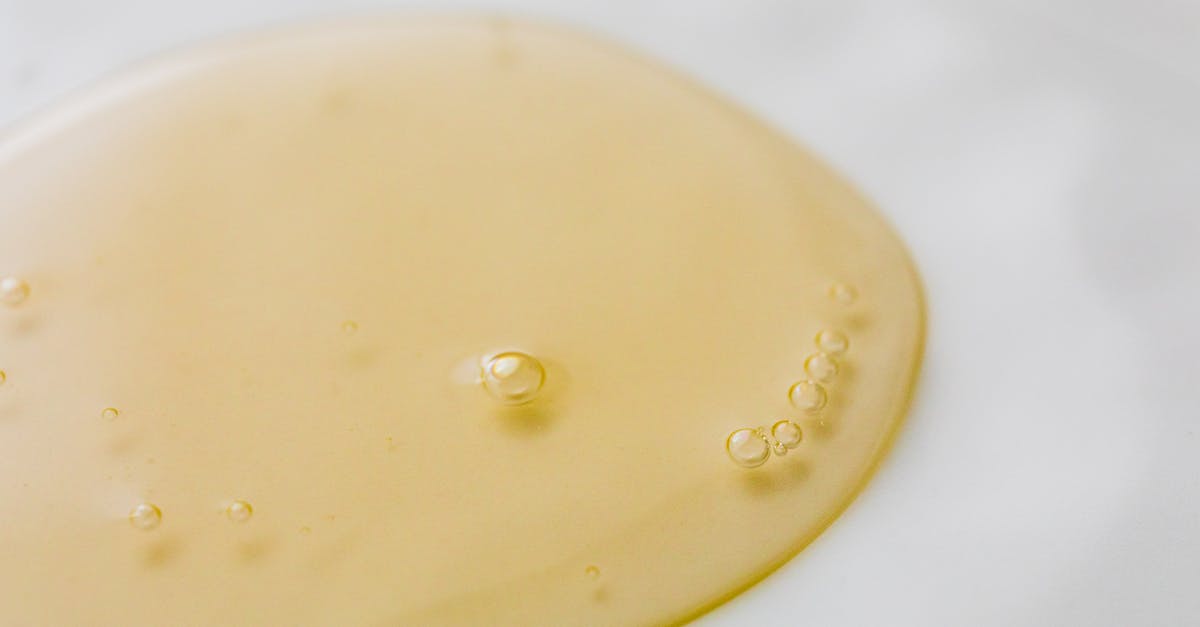Oil in marinades

I see olive oil in marinade recipes. My question is -- are oils really able to penetrate (A) vegetables such as mushrooms, brocolli, and eggplant or (B) meats? Or should marinades only contain polar substances such as water, vinegar, salt, sugar?
Best Answer
Marinades are exclusively a 'surface treatment'. A penetrating treatment is a brine, and you will not use oils, but rather ingredients like salt, sugar, vinegar etc. which do produce a 'polarity' allowing it to penetrate deeply into the meat. (polarity, if I take your meaning correctly in this context, refers to the ionization of the solution allowing the brine to penetrate by way of osmosis)
So, you correctly observe that oils are not going to penetrate, but are off course with the expectation that a marinade is designed to penetrate. Now, it should be noted that these two words are often used interchangeably, however incorrect it may be.
For a deeper dive into this topic see: What is the theory of a meat marinade?
A later comment from @Cascabel prompted some additional research that warranted an edit. There are four related terms which are often used interchangeably in various contexts. Given the lack of an international governing body of food terms (ie 'The Food Police') there is no perfect authority or true consensus about the 'exact' meaning of these terms, but I have found a 'reasonably' (IMHO) consistent approach to what to call it when you soak food in liquid prior to cooking it.
Marinate (v) - To soak meat or fish in a liquid (called a marinade (n)) for the purpose of seasoning or coating the surface.
Brining (v) - To soak meat or poultry in a Brine (n) which is a high salt solution which will penetrate the meat by way of osmosis carrying additional moisture (and some flavorings) deep into the meat. (given that saltwater is an ionic solution it has a polarity to it, but this doesn't really appear to be material to the function of the solution by way of osmosis)
Maceration (v) - To soak fruits or vegetables in a solution to make them more flavorful (and digestible).
- https://en.wikipedia.org/wiki/Maceration_(food)
- http://www.welike2cook.com/2012/07/tow-macerating.html
Pickling (v) soaking fruits or vegetables in a brine (n - yep, the pickling juice is referred to as a brine, and are chemically very like a meat brine) in order to add flavoring and preserve the food.
These terms are often used to cross meanings. Given that they reasonably convey the (generally) correct meaning, these distinctions are more interesting (IMHO) than they are important. For my part, when faced with questions on Seasoned Advice I am inclined to draw out the differences as being 'more objectively accurate' than colloquially useful, which is a stated goal across the Stack Exchange.
Pictures about "Oil in marinades"



Quick Answer about "Oil in marinades"
A small amount of oil in a marinade can help add moisture to the meat. Other ingredients that add moisture include buttermilk, yogurt, and coconut milk. They help tenderize. Acidic ingredients in marinades can help tenderize the proteins on the surface of the meat.What is the best oil to use in a marinade?
Marinades typically contain some kind of oil. Olive oil is my particular favorite. In fact, the best oil to use is a light oil containing mono- and/or diglycerides. These natural emulsifiers help penetrate meats faster than other oils, so check the labels for a good marinade oil.How much oil do you add to marinade?
The rule -of-thumb ratio for marinades is 3-to-1, three parts oil and 1 part acid. For example, you would mix 1 cup oil (olive, canola, or vegetable) and \u2153 cup acid such as a vinegar, lemon or lime juice or other citrus, or wine.Should you marinate meat with oil?
Your marinade should be at least 1/2 oil. The oil helps emulsify the marinade into a thick sauce that coats the meat. It's also a flavor-carrier. And having a coating of an oil-based sauce on your steak before you grill it will help it cook better and more evenly.Can you use vegetable oil in marinades?
Fats help ground flavor profiles and keep sharp or acidic flavors from overwhelming the experience. Examples of fat components in a marinade can include: olive oil, canola oil, coconut milk, full fat yogurt, or other vegetable oils.7 Best Steak Marinades (Freezer Ready Meal Prep!)
More answers regarding oil in marinades
Answer 2
I have never really thought marinades did much of anything really. What actually does something is cooking something in sauce. If you cook pork chops in sauce then that gives it flavour not the fact that in Sat in sauce that did not penetrate it for hours on end. For some reason we just do this process with this totally unnecessary step. I have similar feeling about adding spice to brines. Does not do anything.
Sources: Stack Exchange - This article follows the attribution requirements of Stack Exchange and is licensed under CC BY-SA 3.0.
Images: Karolina Grabowska, Philipp Deus, Karolina Grabowska, Karolina Grabowska
